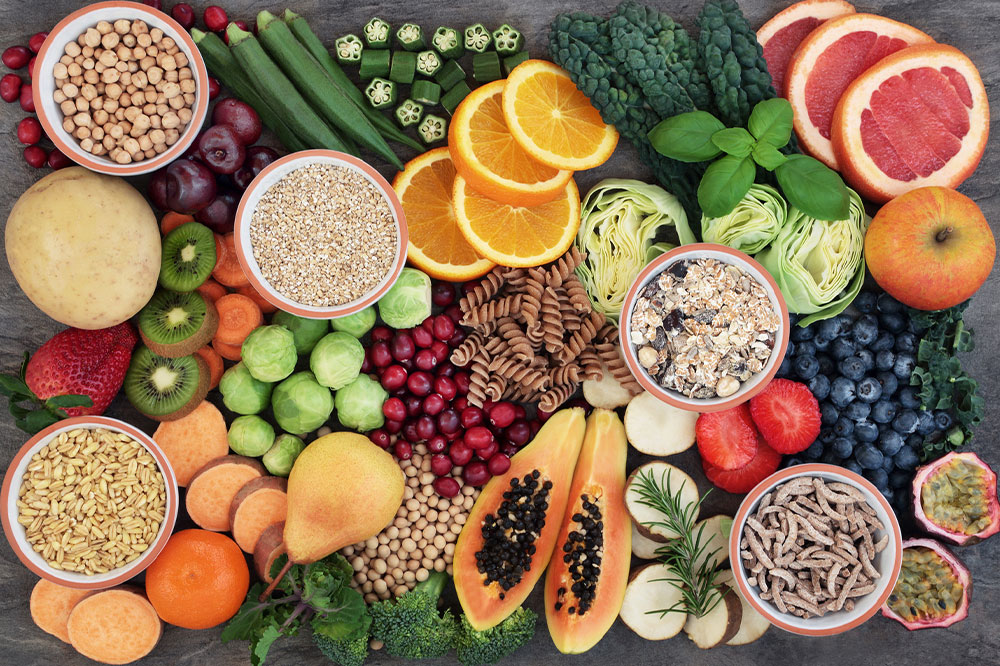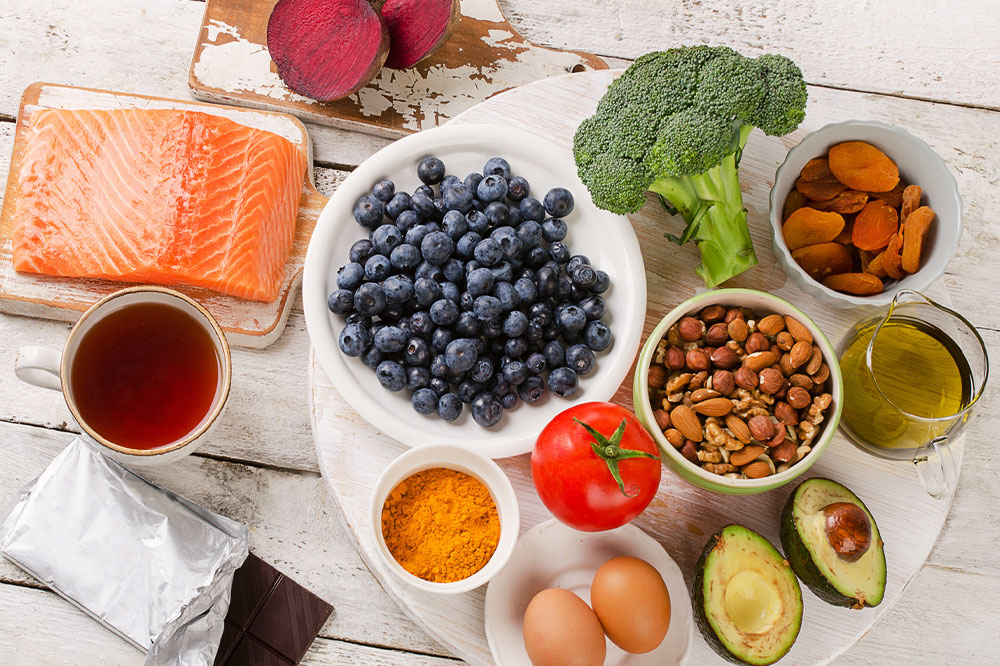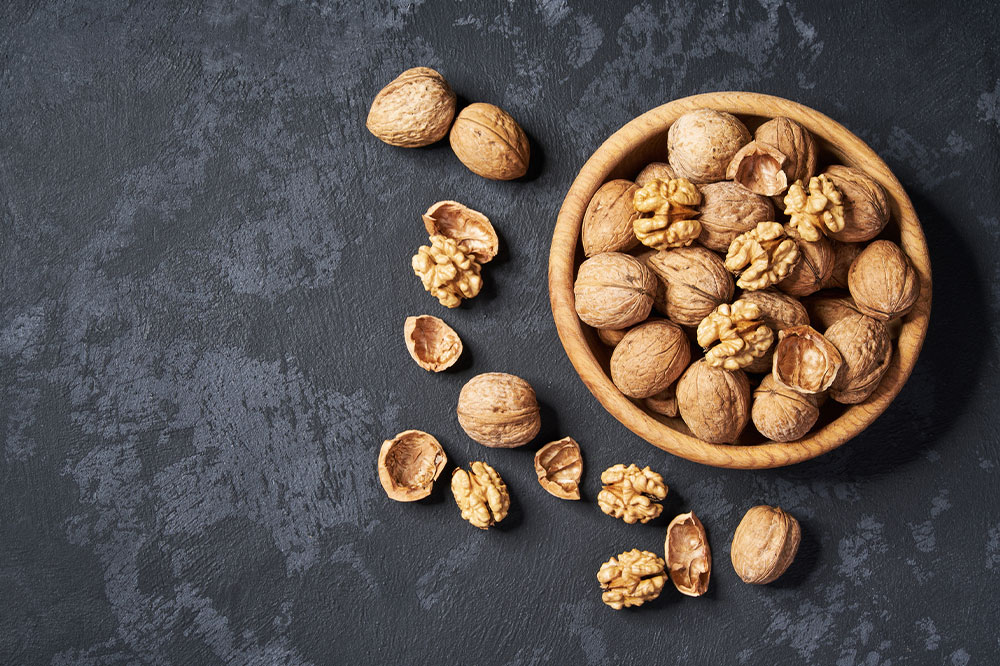Dietary Recommendations for Managing Parkinson’s Disease: Foods to Embrace and Avoid
Discover essential dietary guidelines for Parkinson’s disease, including beneficial foods like antioxidants, omega-3s, and calcium sources. Learn which foods to avoid, such as dairy, iron-rich, and vitamin B6 foods, to help manage symptoms effectively. Personalize your diet with professional guidance for improved quality of life.

Parkinson’s disease is a neurological condition caused by nerve cell damage, leading to dopamine imbalance in the brain. Nearly a million Americans are affected by this disorder, making diet an important aspect of management. Proper nutritional choices can alleviate symptoms and support overall health.
Recommended Foods for Parkinson’s Patients
Antioxidant-rich foods: These help combat oxidative stress, which damages tissues due to free radicals. Include nuts such as walnuts, Brazil nuts, pistachios, pecans, along with berries like blueberries, goji berries, blackberries, cranberries, and vegetables like spinach and kale.
Foods high in omega-3 fatty acids: Found in salmon, oysters, halibut, soybeans, kidney beans, and flaxseeds, these improve brain function and may reduce cognitive decline and confusion.
Calcium-rich foods: To strengthen bones and prevent osteoporosis, incorporate sardines, canned salmon, beans, lentils, almonds, broccoli, spinach, and other leafy greens.
Co-enzyme Q10 sources: Present in oily fish, soy oil, offal, and beef, this enzyme may help lessen neurological symptoms.
Foods to Limit or Avoid
Dairy products: Studies suggest cheese, yogurt, and milk could worsen symptoms by lowering uric acid levels, which is linked to disease progression.
Iron-rich foods: Iron can interfere with medication absorption if consumed excessively.
Vitamin B6: High intake may interact with Parkinson’s medications, potentially reducing their efficacy.
Because symptoms and responses vary, consult healthcare professionals to tailor the right diet for managing Parkinson’s effectively. Proper nutrition plays a vital role alongside medical treatment in improving quality of life.










